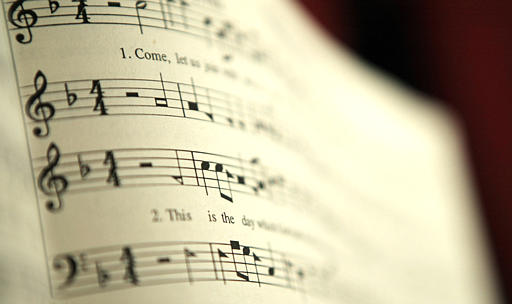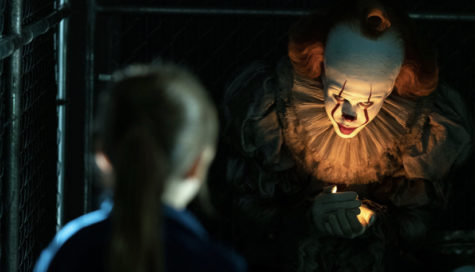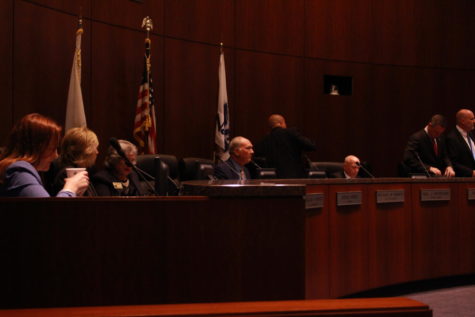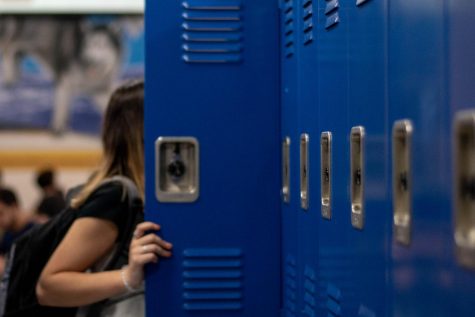Tribulations of a college-bound musician

Photo by ASSOCIATED PRESS
Photo courtesy of AP Images.
Across the country, young high school hopefuls are partaking in a college admissions process–one that is often more stressful than what the typical high schooler experiences. Many adolescent artists aspire to a pursue a career in instrumental performance, dance, theatre or if you’re like me, opera.
Most of us have been actively experiencing the arts since before we could read. I didn’t begin serious private study of voice until I was eleven, which is pretty much on par with most of my fellow dedicated singers. Despite that, I grew up in a house filled with music, and before I was old enough to handle private study, I did musicals, choirs and group voice lessons.
In those formative years, I began to identify as a singer. Singing is like breathing to me. I need it, and I love it more than I realize. Luckily, I’ve always known that singing is what I want to do with my life–realizing that was easy. Getting there, though, is the hard part.
For people who are serious about certain art forms, particularly opera, the optimum college education can make it or break it. This time of year is when it all plays out, and I’m surprised us musicians actually make it through. At the worst times, we’re convinced that we’re worthless, our futures are over and we’re going to end up living in a storm drain. At the best times, we’re trying to remember not to hold our breath.
It’s hell until we start getting our admissions decisions. When you see that letter or email from your dream school, you hold your breath yet again. When you open it, you can breath for the first time in weeks. There are tears, sometimes screaming, and it can either mean really great things, or quite the opposite. But what’s never missing is that sense of relief. You finally have an answer.
As a young musician, the rejection of talent feels like a judgement on your soul, your identity and the thing that matters most to you. All that can be done is to try to to make peace with the decisions that were made and the things beyond your control.
The fact of the matter is that schools are looking for many things. They aren’t only judging your voice, but also your fit with the school. They want to know that their teachers are equipped to handle your voice, because everybody’s instrument brings different things to the table. They want to know that your personal goals will be served well at their school, and that they have a balanced program of different types of singers.
One problem that female singers always run into is that there is a surplus of sopranos. As a mezzo, this is great for me, but frustrating for many of my peers and friends. If you’re a soprano, particularly a lyric soprano, you’re a dime a dozen. If you’re a mezzo like me, you’re gifted with a voice that has potential and you work hard, you’re golden. At least that’s what I like to think.
Of course, a lot of it is chance, and you have to be able to take a lot of beating down. You must have the ability to stand up again and again until you finally get your break. College auditions are essentially the first big test in a career that is entirely made up of tests. Don’t let rejection letters get you down. Yes, this career is hard, but a silver lining comes after every downfall. Pick yourself up again and keep going, because your first big silver lining is on the horizon.










Mary Beth Pingatore • Feb 10, 2016 at 2:42 pm
I really enjoyed your article! It was very informative and easy to understand. I hope you get into the college of your choice!